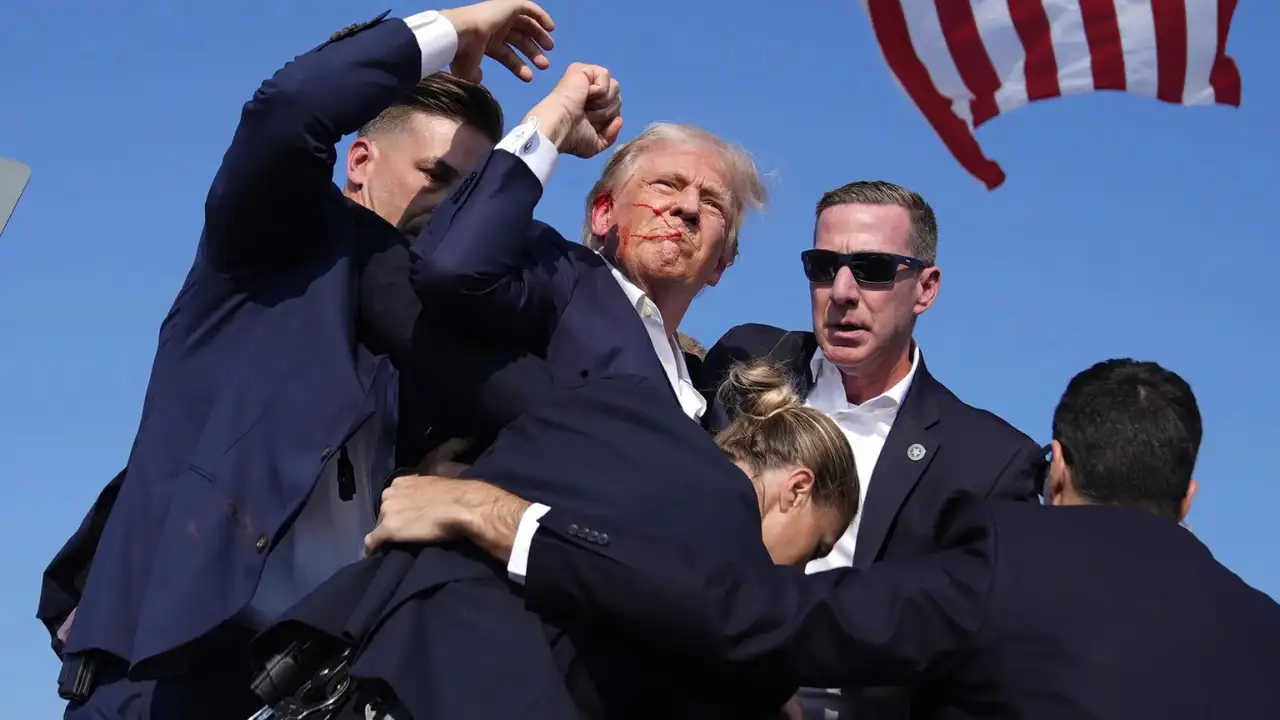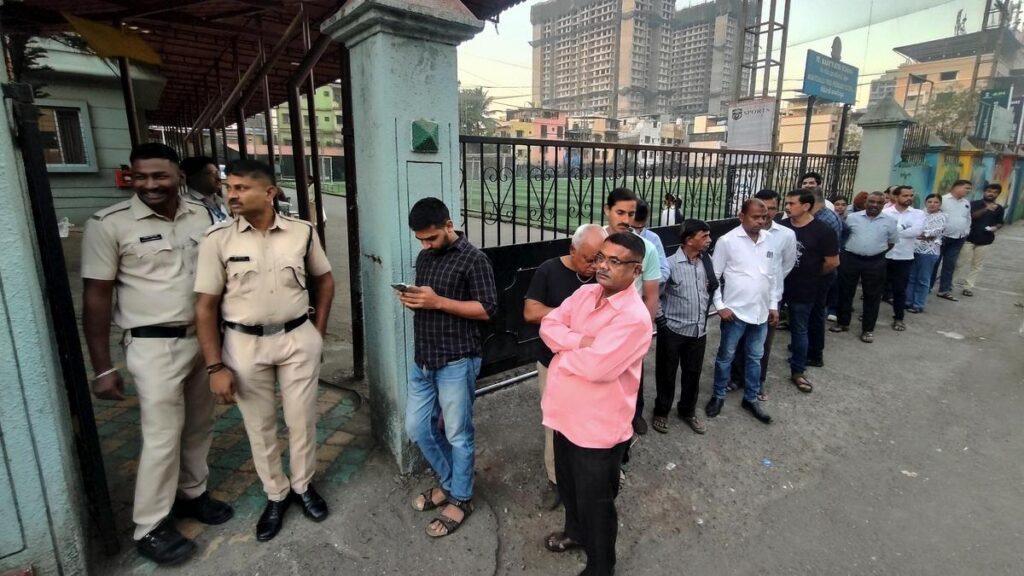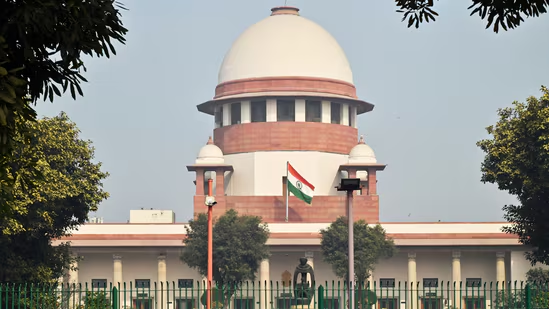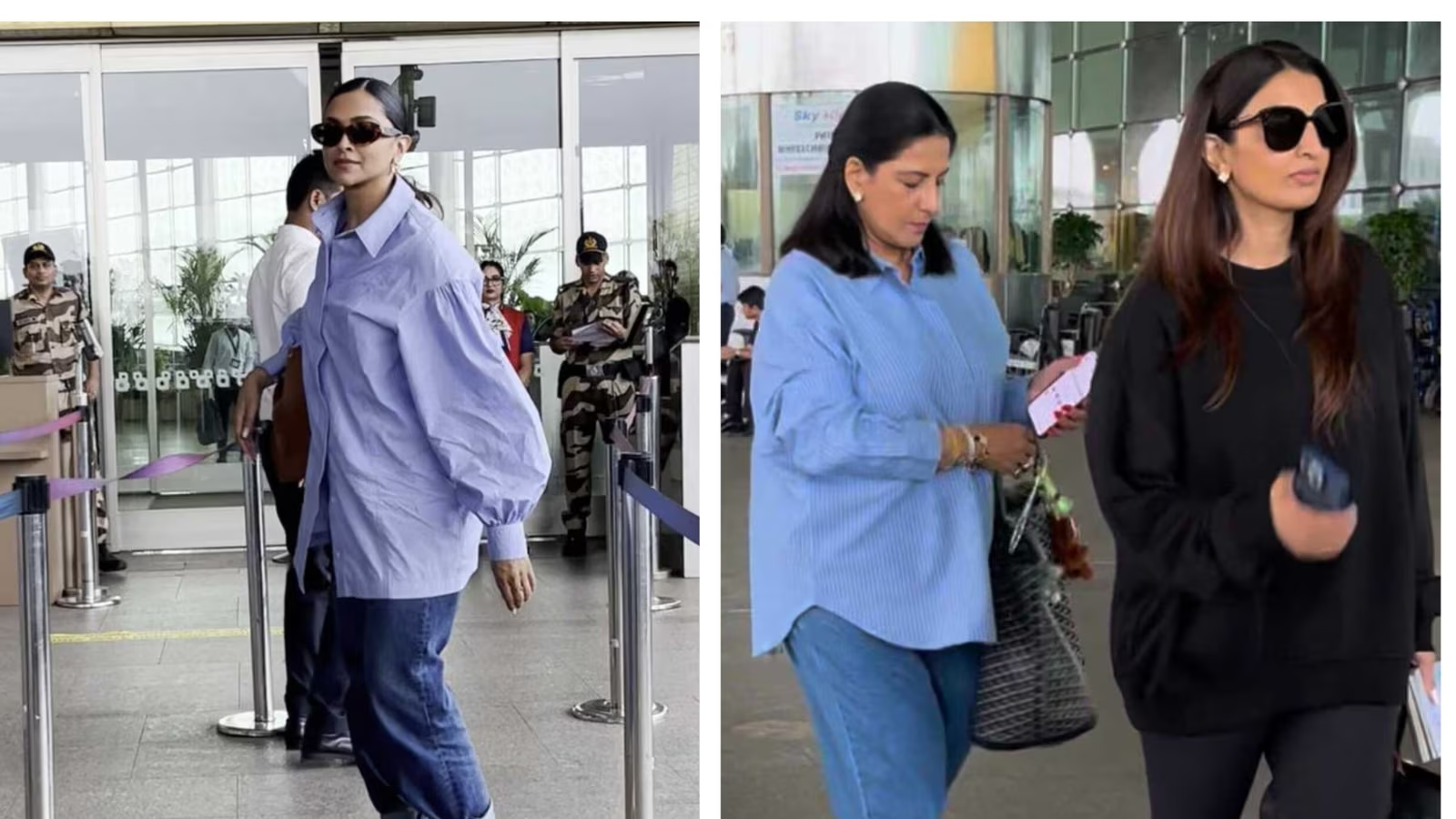Now Reading: One Year Since Trump’s Assassination Attempt: US Senate Flags ‘Cascade of Failures’ in Security Response
-
01
One Year Since Trump’s Assassination Attempt: US Senate Flags ‘Cascade of Failures’ in Security Response
One Year Since Trump’s Assassination Attempt: US Senate Flags ‘Cascade of Failures’ in Security Response

A year after the shocking assassination attempt on former US President Donald Trump in Butler, Pennsylvania, a Senate committee report has sharply criticized the lapses that led to the near-fatal incident. Describing the situation as a “cascade of preventable failures,” the findings raise serious concerns about the security measures in place for high-profile leaders—even in a country known for tight protection protocols.
The Incident That Shook the US
On that day in 2024, Donald Trump was addressing a campaign rally when a gunman opened fire. The bullet grazed his ear, narrowly missing what could have been a fatal hit. While Trump survived the attack, the moment became one of the most dramatic events in recent American political history, raising questions about the preparedness of security forces and the vulnerability of public figures.
Senate Committee Report Highlights Key Lapses
The Senate committee’s investigation points to several avoidable errors, including failure to assess threats in advance, lapses in communication between agencies, and inadequate crowd surveillance. According to the report, the attacker had been present in the vicinity long enough for multiple red flags to be raised—but these were missed or not acted upon in time.
Security teams reportedly did not monitor elevated positions near the rally area closely enough, allowing the shooter to fire from a nearby rooftop. The committee described this as a breakdown in standard procedures.
Political and Public Reactions
The findings have sparked strong reactions from both political circles and the public. While Trump’s supporters demand accountability and reforms, critics argue that the incident underlines deeper flaws in America’s current political and security climate. Lawmakers across party lines have acknowledged the need for urgent review of protection protocols, especially during public campaign events.
In India, where political rallies also draw large crowds and high-profile figures, the incident has drawn comparisons to lapses during past events. Security experts suggest this case offers a valuable lesson in upgrading surveillance systems and inter-agency coordination in Indian political settings too.
Implications for Future Campaigns
With the US preparing for another intense election cycle, the report’s release serves as a crucial reminder that security planning must be proactive, not reactive. The Senate has recommended a series of reforms, including better threat analysis tools, quicker response systems, and regular training drills for officers involved in VIP protection.
Public trust in institutional safeguards is key during such volatile times—both in the US and globally.
Conclusion:
One year after the attempt on Donald Trump’s life, the Senate’s scathing report reveals how close the nation came to a political tragedy—and how much remains to be fixed. As campaign rallies continue to dominate the political landscape, both in the US and countries like India, the importance of robust, fail-proof security measures cannot be overstated. The lesson is clear: vigilance must never be compromised.

























